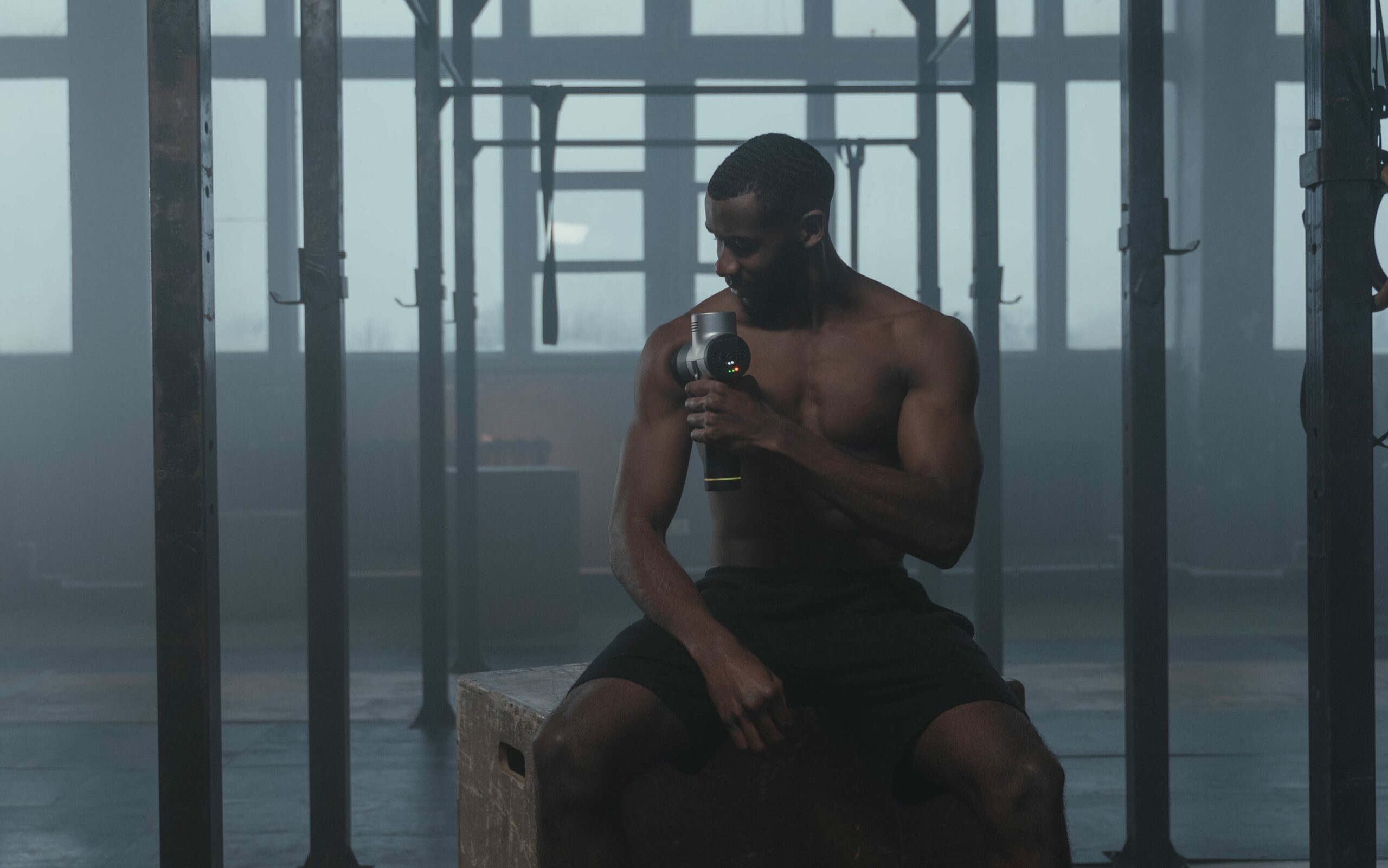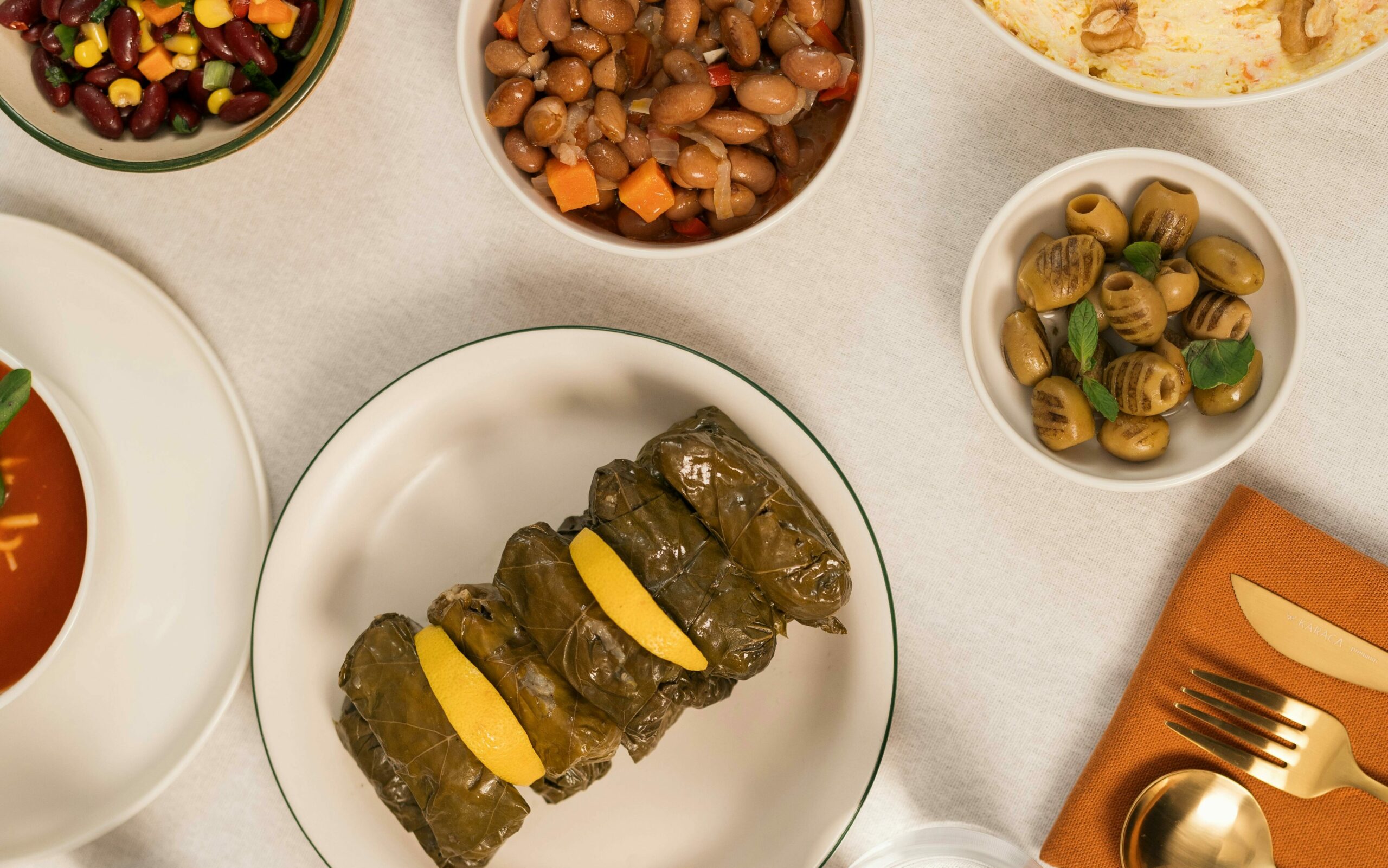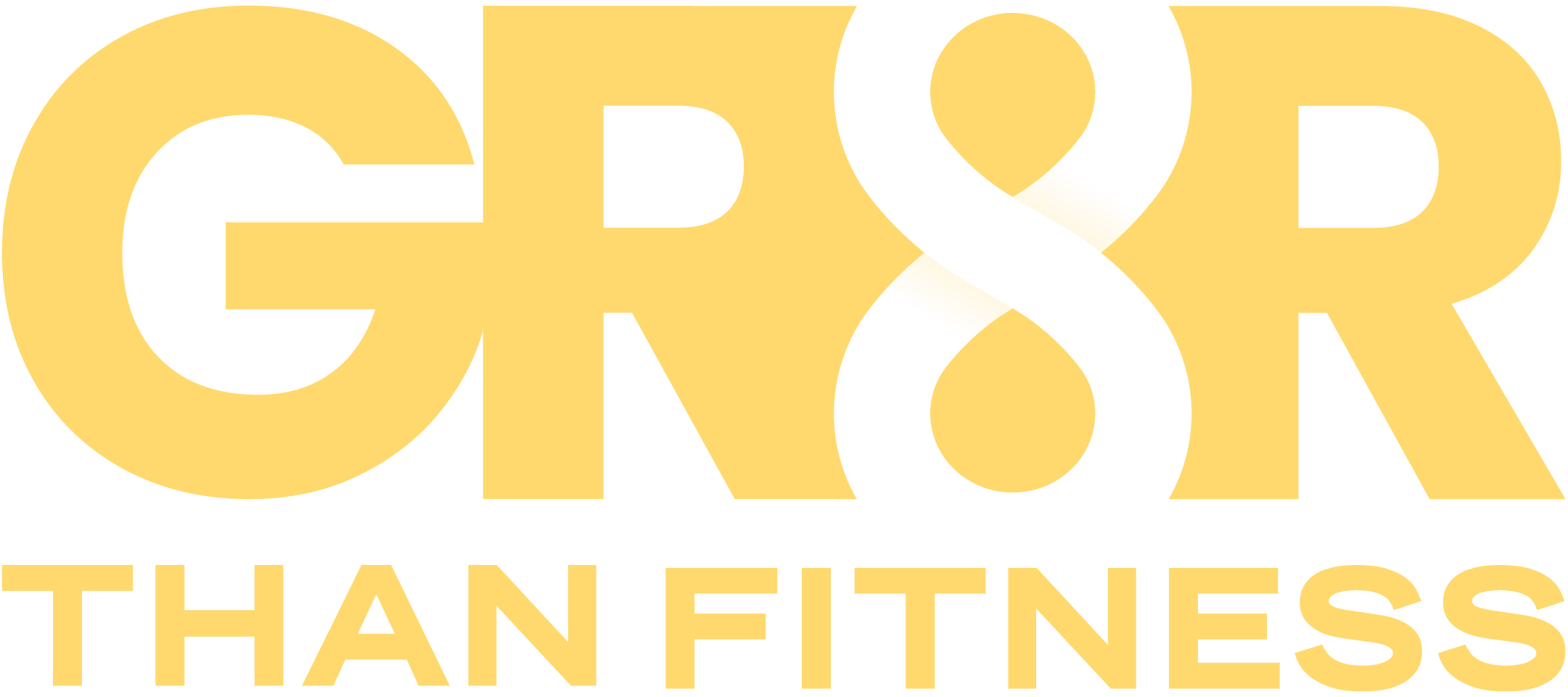Your basket is currently empty!
Staying Active During Ramadan:
GR8R is a call to action. A movement to get people to recognise their worth and overcome the challenges that lie between who they are and who they want to be. Join us in removing the barriers to activity and encouraging anyone to active, anywhere, and anywhen.
·
A Guide to Exercising While Fasting

Ramadan, a holy month for Muslims, involves fasting from sunrise to sunset. While this spiritual practice brings focus and reflection, it can also raise questions about maintaining physical activity. Should you be exercising while fasting? The answer is yes, but with some important considerations.
Why Exercise During Ramadan?
Exercise offers numerous benefits during Ramadan, including:
- Maintaining energy levels: Physical activity can improve blood sugar regulation, helping you feel more energized throughout the day.
- Boosting mood: Exercise releases endorphins, which have mood-lifting effects and can combat fatigue often associated with fasting.
- Aiding digestion: Gentle movement can help with digestion, potentially easing the discomfort that can arise during fasting.
- Muscle maintenance: Light to moderate exercise can help maintain muscle mass, which can be lost during periods of reduced calorie intake.
Prioritize Safety and Listen to Your Body:
- Hydration is Key: Even with limited water intake, staying hydrated is crucial. Focus on low-intensity exercise during cooler hours, like early mornings or after sunset (Iftar).
- Adjust Your Routine: Don’t push yourself too hard. Reduce the intensity or duration of your workouts compared to non-fasting periods. Focus on maintaining fitness rather than pushing for personal bests.
- Listen to Your Body: Pay close attention to how you feel. If you experience dizziness, fatigue, or headaches, stop exercising and rehydrate. Rest is essential for recovery.
- Choose the Right Time: The ideal time for exercising while fasting can vary depending on your preferences and energy levels. Some find exercising before Suhoor allows for a quick refuel afterwards. Others prefer a light workout after Iftar when the body is refuelled. Experiment to find what works best for you.

Choosing the Right Time to Exercise:
- Pre-Dawn (Suhoor): Light exercise like walking or yoga before Suhoor (pre-dawn meal) can aid digestion and prepare your body for the day.
- After Iftar: This is often the most recommended time. Your body is refuelled and hydrated, allowing for a complete workout.
- Avoid Peak Heat: Exercising during the hottest part of the day can lead to dehydration and fatigue. Opt for cooler mornings or evenings.
Types of Exercise During Ramadan:
- Low-Intensity Cardio: Walking, swimming, or light cycling are excellent options.
- Strength Training: Focus on lower weight and higher repetitions to maintain muscle mass.
- Yoga and Pilates: These offer flexibility, core strength, and stress reduction benefits.
How to Optimize Exercising While Fasting:
- Prioritize Nutrition: Ensure your Suhoor meal is rich in complex carbohydrates, protein, and healthy fats to provide sustained energy throughout the day.
- Hydration During Suhoor: Prioritize water-rich foods like fruits and vegetables. Electrolyte-rich drinks can also be helpful.
- Post-Iftar Refueling: Choose complex carbohydrates, lean protein, and healthy fats for sustained energy. Avoid sugary foods that can cause a crash.

Remember:
- Consult your doctor before starting any new exercise routine, especially if exercising while fasting.
- Ramadan is a time for spiritual reflection. Don’t feel pressured to maintain the same exercise intensity as usual.
- Celebrate small victories and prioritize feeling good throughout the holy month.
Additional Tips for Exercising While Fasting:
- Listen for Signs: Dizziness, lightheadedness, or excessive fatigue are signs you need to stop exercising and rehydrate.
- Stay Cool: If exercising outdoors, choose cooler times of the day to avoid overheating and dehydration.
Remember, Ramadan is a time for spiritual reflection and well-being. Exercise should be approached with the same intention. Focus on maintaining a healthy lifestyle and activities you enjoy. By following these tips, you can stay active while observing the holy month of Ramadan.
Discover more from GR8R Than Fitness
Subscribe to get the latest posts to your email.
-
Embracing The Magnificent Power of Showing Up
Lets be real. When picturing a “consistent” fitness journey what do you see? Someone who never misses a 5am workout? Whose meal preps are perfectly stacked with an assortment of exotic fruits n veggies? Someone who wakes up every single day feeling 1000% motivated? Sounds both exhausting and completely unrealistic Now, let us tell you…
-
Setting Crushable Goals
Progress, Not Pressure So you’ve survived the mid-year slump. You dusted off the rust, recharged and are ready to get back on track. However, energy with no direction is…. simply just noise. If you want to feel results, you need goals you can realistically hit, not willy-nilly ones that live rent-free in your head. For…
-
Bouncing Back After Mid-Year Fatigue
Realignment > Burnout We’ve pasted half-way mark in the year and if we’re being honest… Its been a lot. Mid- year fatigue has settled in. Your January goals have collected dust, the discipline you had in March is a distant memory and your energy level? Is practically on “low battery” But Guess what? Mid-year fatigue…
-
Chilly Weather = Fitness Killer? GUESS AGAIN!
Lets be real with the cold weather comes the desire to cuddle up in the blankets and self-neglect the needs of the body. Even more so with the beast sitting on your chest that thrives as the temperature drops, depression. However, there are ways to combat this potential decline Identifying Signals We know we’d like…
-

Exercise and Heart Health: A Comprehensive Guide
Exercise and Heart Health: A Comprehensive Guide


Leave a Reply